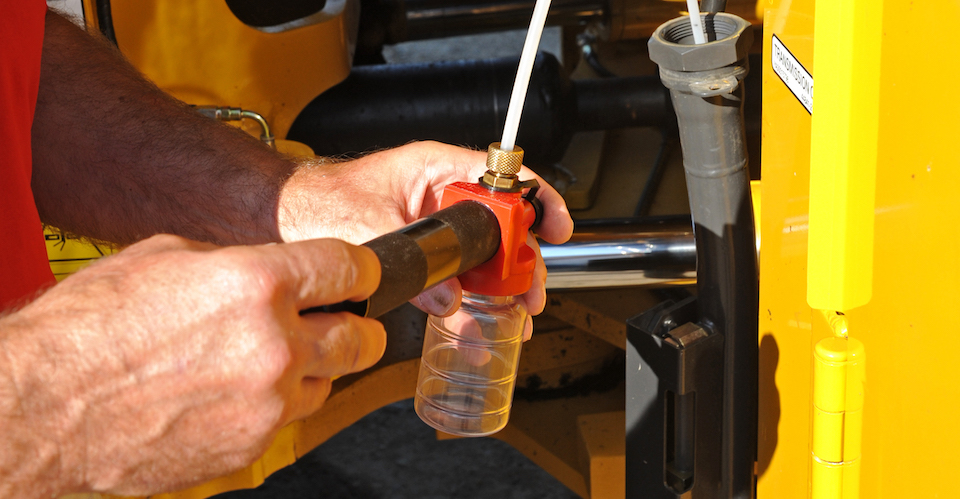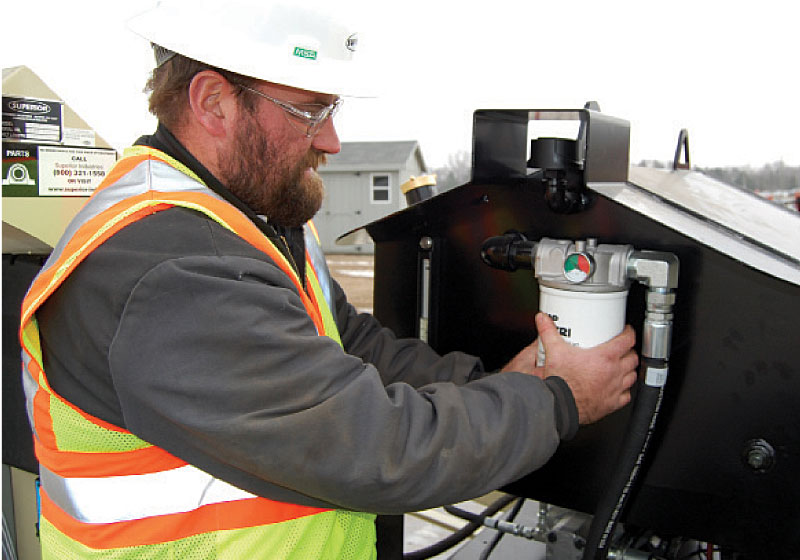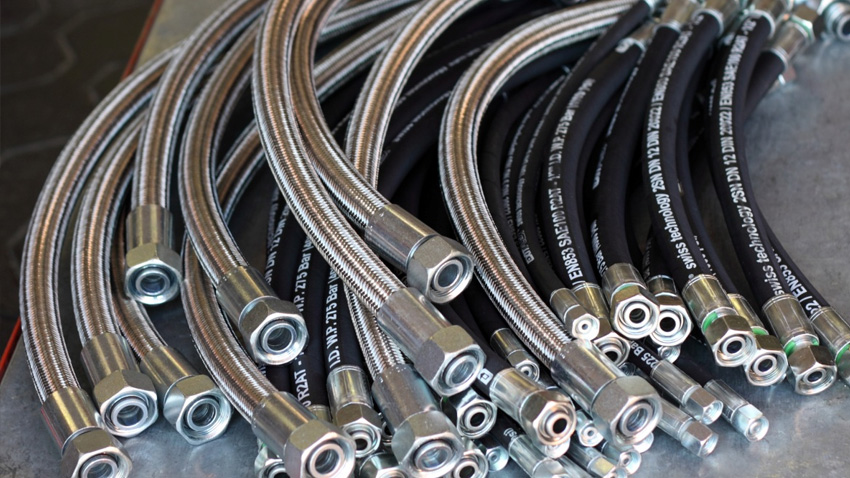
20 Jun Maintenance on Hydraulic Systems
Handling hydraulic oil is not as complicated as it sounds, or as you might think of. Regular maintenance is the key for a well-maintained hydraulic system. A hydraulic system is usually consisted of a pump, hose and lines, cylinders, valves, a cooling unit, reservoir, filter and hydraulic fluid.
If you keep contaminants out of your hydraulic systems, you can avoid all common problems and failures. The answer to taking good care of your hydraulic oil system is prevention.
Keep your contaminants out of your hydraulic system by cleaning the area around dipsticks and keep all fluid containers tightly sealed when stored. Change the fluid and filter after the initial 50 hours of use to eliminate contaminants.
Verify the oil before each use, so that they are adequate. Check if the fluid is in good condition, as inadequate oils can cause severe damage to your pumps. Lastly, regularly check the temperature of the hydraulic fluid during operation because this should be kept clean. Dirt and debris should also be removed.
Preventive maintenance is the key to success to any maintenance program, the second thing is just corrective maintenance. This is very simple and basic if followed and it can get rid of most hydraulic component failures.

Cylinders and motors have seals and rungs that can be damaged by excess pressure and harmful substances in the fluid. Leaks in the cylinder rod points should be checked. Before each and every use, the drive shaft should be checked for any damages or leakages.
Listen to cavitation or the sound of rattling rocks and marbles in your hydraulic system’s pumps, if this occurs, the equipment should be stopped. Maintain clean fluid and filters for a smooth run. Always remember to CHECK your equipment’s pumps to avoid damage from contaminated substances.
Valves can easily wear-off and leak, whereas harmful substances can get into valves and restrict flow.

Hoses and lines also need to be inspected from cracks, cuts or dents that could block flow. Overheating can be one of the problems in your equipment as well.
Maintaining your hydraulic systems doesn’t seem that difficult, right? You just have to know the different preventive methods to take care of your hydraulic systems. And we hope that these maintenance tips have helped you in any way.
Check out our hydraulic oil offers and you might just find what you need. If you have more questions in mind about hydraulic system maintenance, contact our specialists today and we will be here to answer all of your inquiries!
